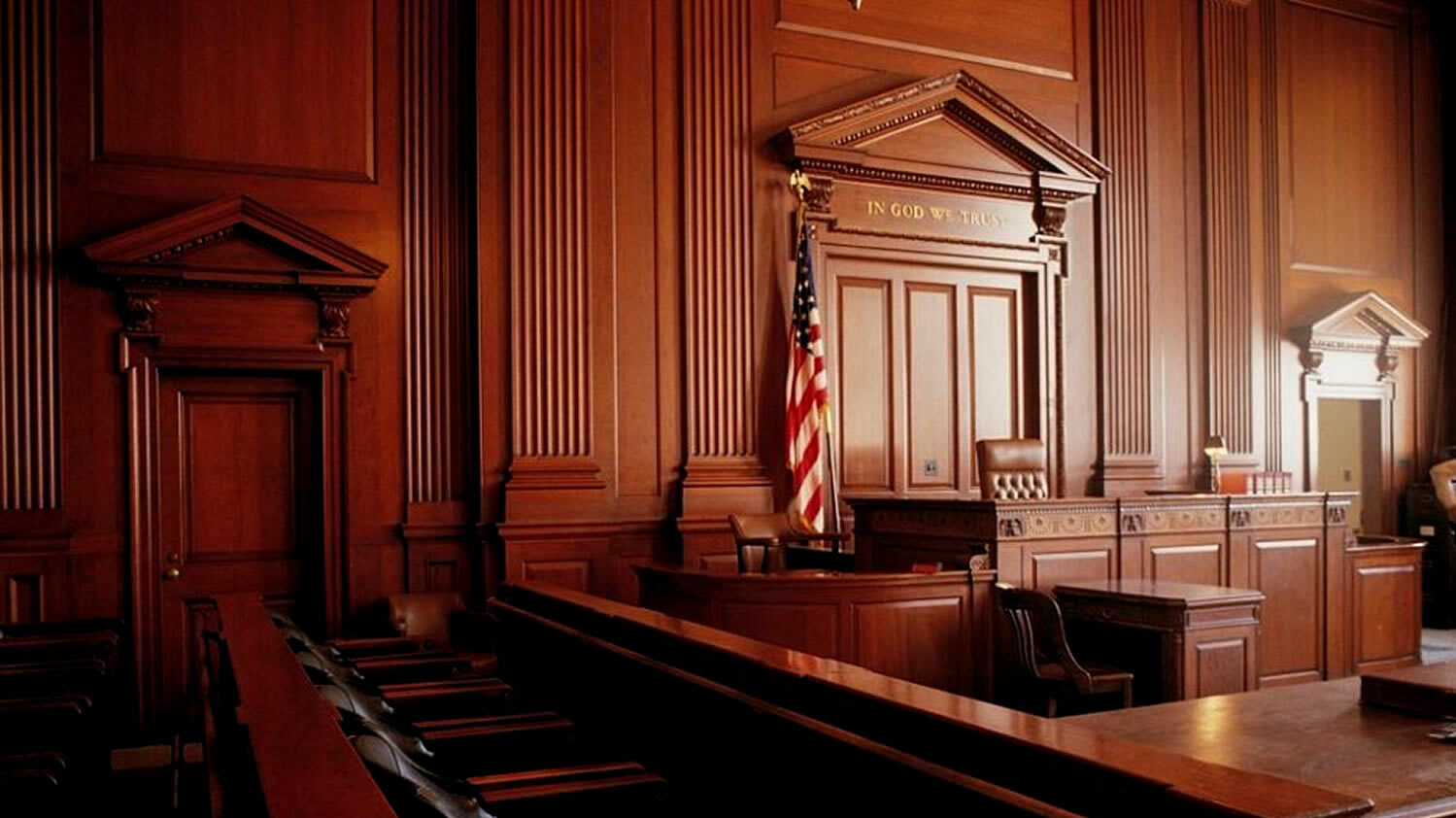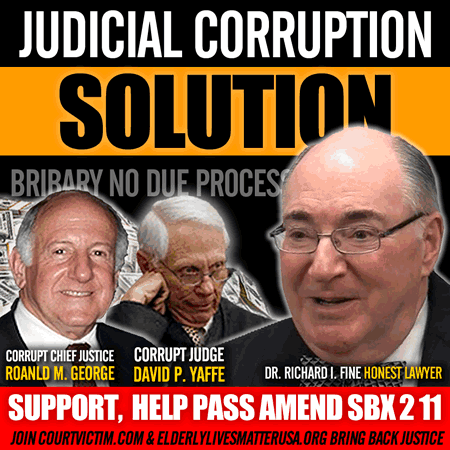Continuing Legal Education » ‘L.A. Law’ Meets ‘Jail’ — Disbarred Attorney 14 Months Into ‘Coercive Confinement’
‘L.A. Law’ Meets ‘Jail’ — Disbarred Attorney 14 Months Into ‘Coercive Confinement’ Today, CNN is scheduled to air video of its interview with Richard Fine, …


